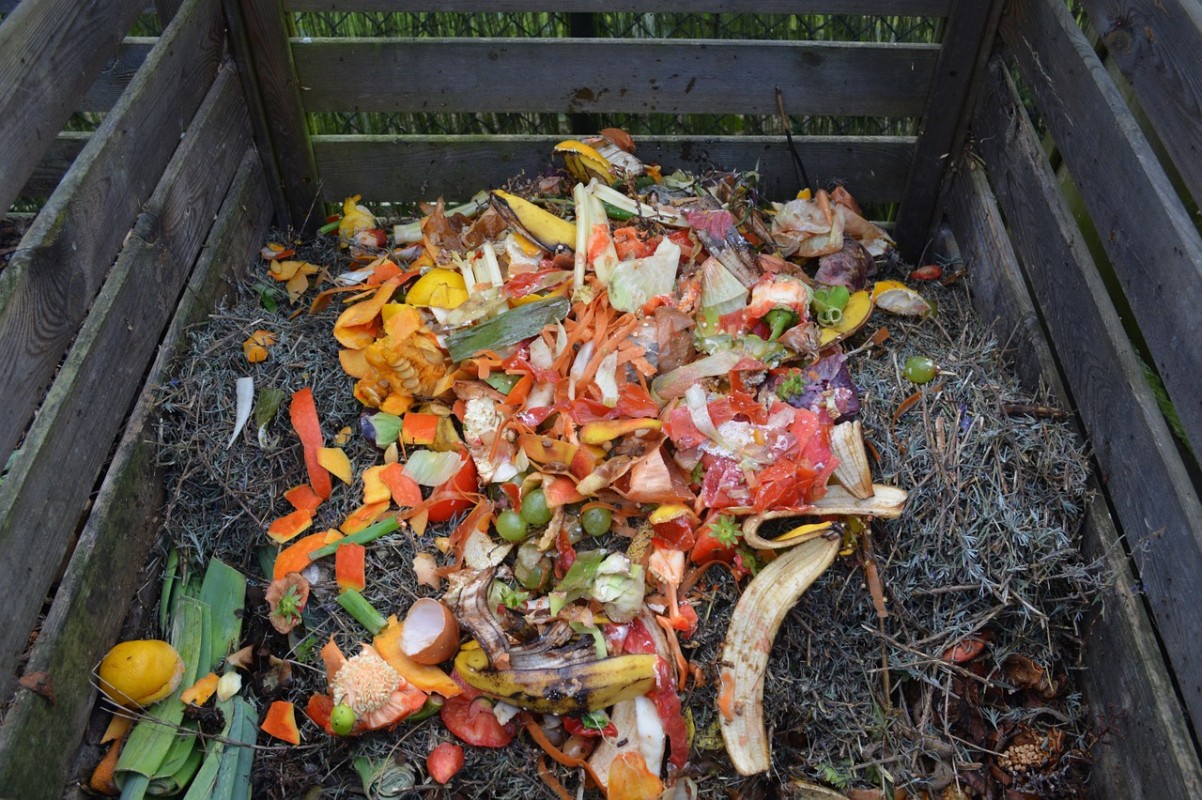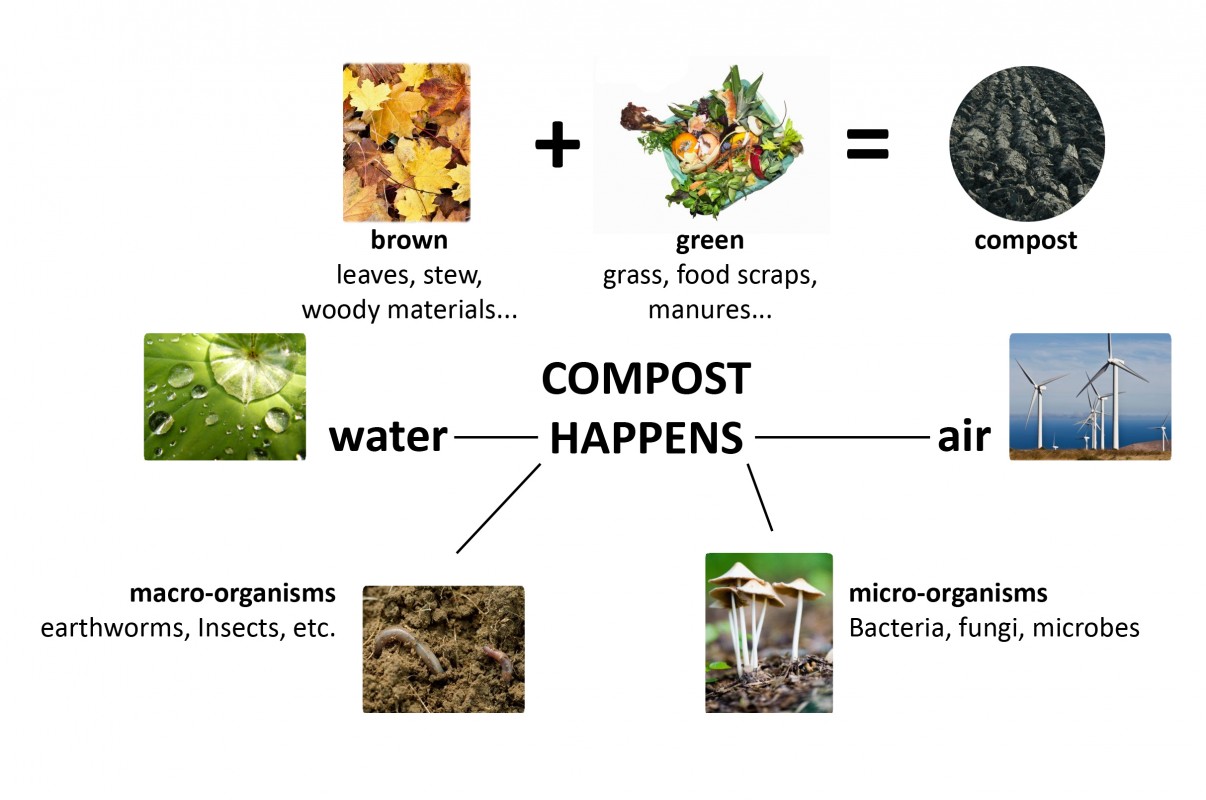 Have you wondered what composting means, and why it is better for our environment?
Have you wondered what composting means, and why it is better for our environment?
Composting is the process by which organic matter decomposes to produce a nutrient-rich soil called humus.
Organic matter includes fruits, vegetables, coffee grounds, tea bags, nut shells, shredded paper, plant trimmings, hair, fireplace ashes, and wood chips. The ideal conditions include warm temperatures, nutrients, moisture, and oxygen.
This humus can replenish nutrients in your garden or yard. It also helps the soil hold more carbon dioxide and decreases methane gas emissions.
What are Decomposers?
Decomposers are essential to the composting process. There are two types of decomposers that play a role in composting: physical decomposers and microbial decomposers.
Physical decomposers break materials into smaller pieces through chewing, tearing, and grinding. These include beetles, earthworms, centipedes, and snails.
However, the majority of decomposition of materials in compost is done by microbial decomposers. These decomposers also generate the heat that is essential to break down organic molecules in compost. Microbial decomposers include bacteria, fungi, and protozoa.
What Happens During Composting?
 There are three main stages within a composting cycle.
There are three main stages within a composting cycle.
The first stage lasts a few days, in which mesophilic microorganisms (organisms that thrive at 20-45 degrees Celsius) physically break down all biodegradable matter.
As the temperature of the compost increases, thermophilic microorganisms (organisms that thrive at higher temperatures), break down the organic molecules (proteins, fats, and complex carbohydrates) even further. This second stage can last up to several months. During this stage, temperatures continue to rise. It is at this point that the compost should be aerated to keep the temperatures at 65 degrees Celsius or less -- otherwise, it could kill off essential microorganisms.
At the end of the second stage, the temperature of the compost decreases, allowing mesophilic microorganisms from the first stage to thrive again. In this third stage, all remaining organic matter is broken into humus.
Why Is Composting Important?
 Composting helps us replenish nutrients in our gardens or yards. The process of composting takes the organic matter that is not usable by plants and breaks it down into essential nutrients like nitrogen, phosphorus, and potassium. The nutrient-rich humus will also help regulate the pH and moisture of your garden or yard.
Composting helps us replenish nutrients in our gardens or yards. The process of composting takes the organic matter that is not usable by plants and breaks it down into essential nutrients like nitrogen, phosphorus, and potassium. The nutrient-rich humus will also help regulate the pH and moisture of your garden or yard.
If we don't compost, the organic matter would end up in landfills. Here, they break down anaerobically (without oxygen) and produce greenhouse gases, like methane, as well as toxic byproducts. Landfills are responsible for 20% of methane emissions. Greenhouse gases, like methane, trap heat and radiation resulting in an increase in our earth's temperature.
Check out this article to see a cool application of composting on a large scale!
Source: Livescience, Earthtimes.org, eulesstx.com, todayshomeowner.com








